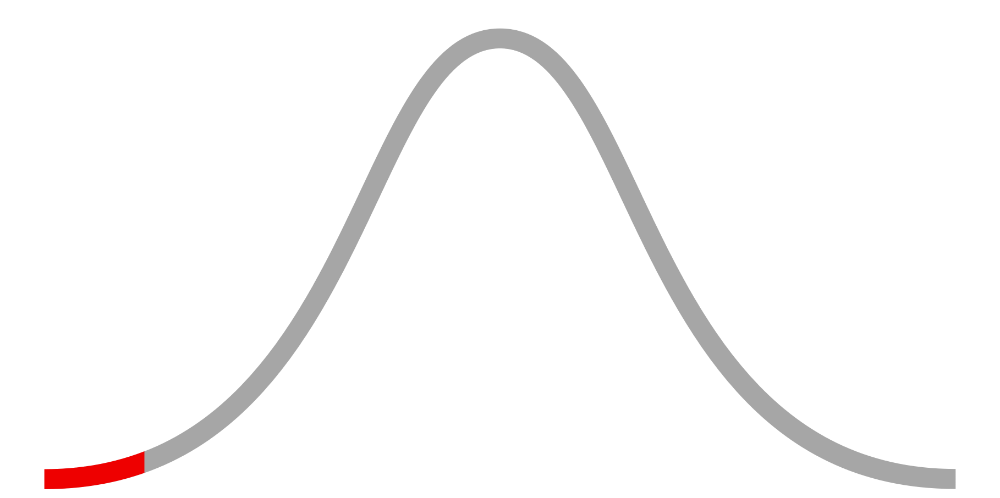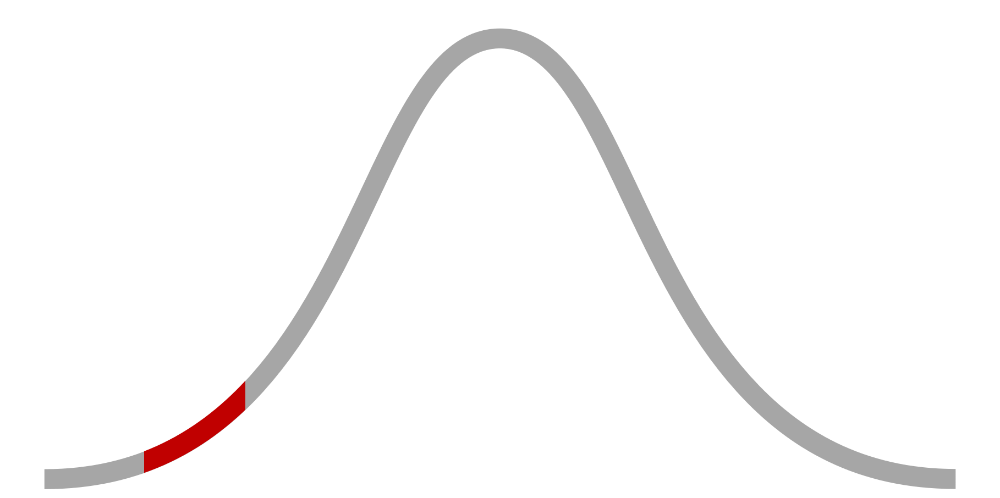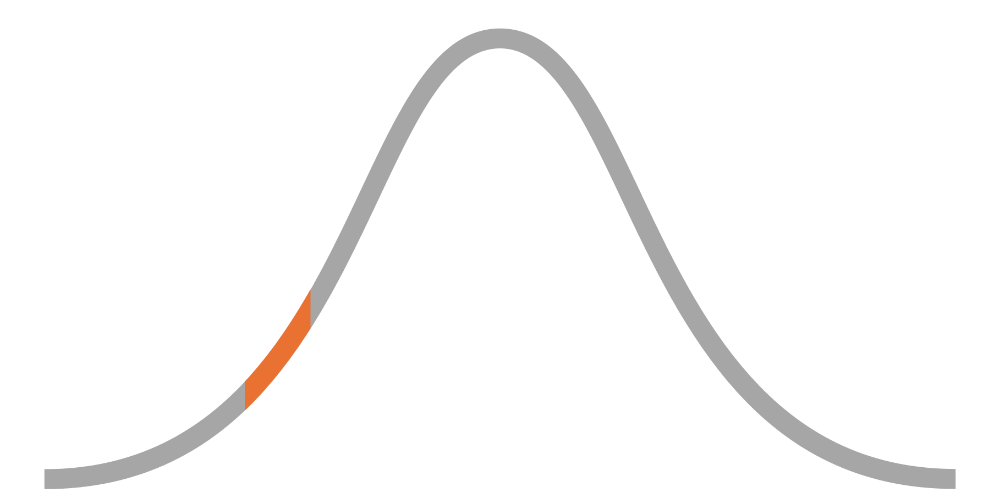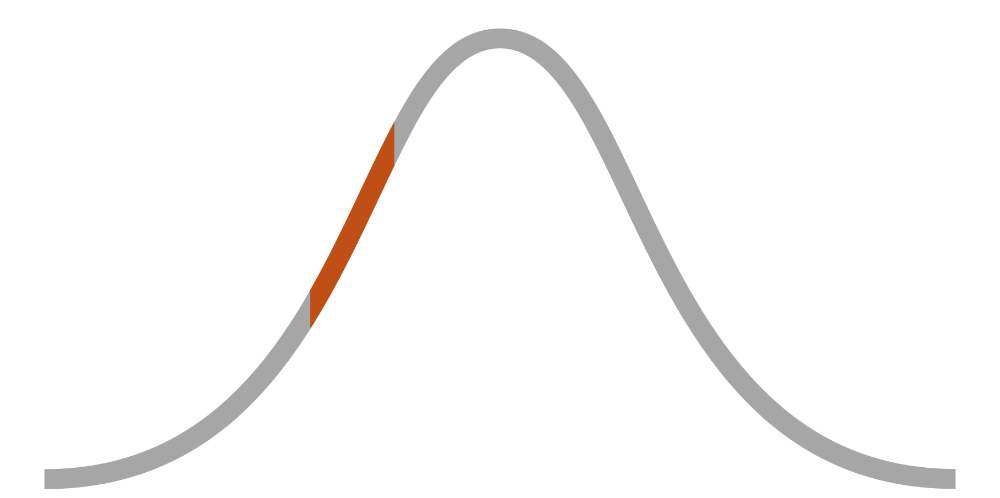Info
© 2026 Feels Co.
 Summary & key points
Summary & key points
In season 6, episode 10 of the hit HBO show called Game of Thrones (2003), Cersei Lannister is about to execute a plan to blow up the location of her trial – and she's notably absent. Of all people present, only Margaery Tyrell knows what's really going on. Margaery interrupts the high priest and explains that Cersei's absence is not intentional, but calculated. Margaery infers there is danger and urges everyone to leave, even at the expense of her normally polite demeanor. Sure enough, the building soon exploded as Cersei watched in satisfaction. Margaery's ability to engage in 'mental time travel' is demonstrated with her explanation as to why Cersei was not there, as well as her urge to exit the premises. This dialogue and behavior highlights the Inference attribute, even if it was too late for her character.
Select media ©
HBO Entertainment. Learn more











